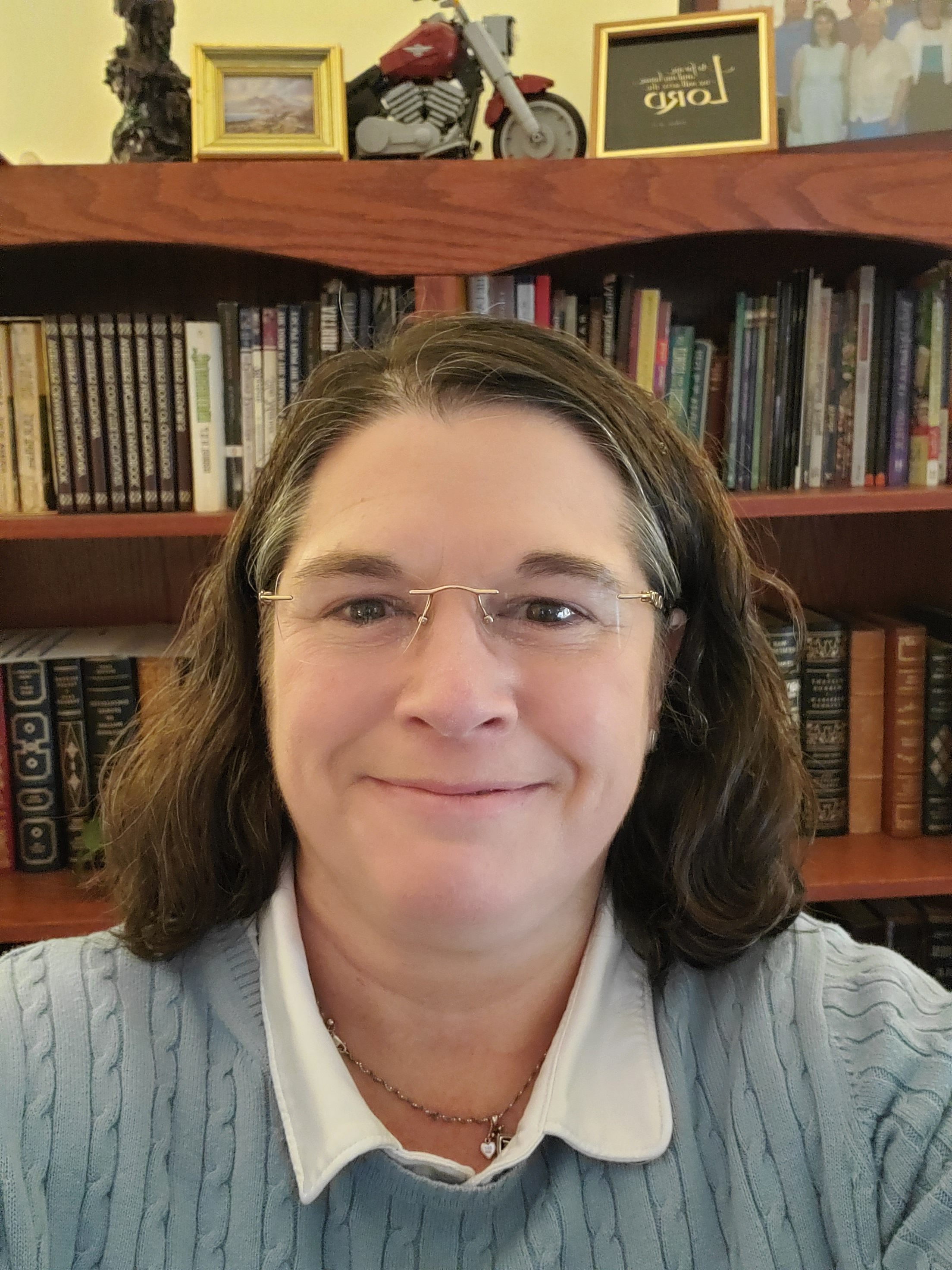Introduction
As a trauma survivor, I know firsthand how our experiences can shape our lives, including our careers. For years, I struggled to understand how my trauma impacted my professional life, leading to feelings of frustration, self-doubt, and stagnation. It wasn’t until I began to cultivate self-awareness that I realized the transformative power of understanding my trauma and its effects on my career journey.
The Importance of Self-Awareness
Self-awareness is the foundation of personal growth and transformation. When we develop a deep understanding of our thoughts, emotions, behaviors, and triggers, we gain valuable insights into how our past experiences influence our present reality. For trauma survivors, self-awareness is particularly crucial because it helps us:
- Identify patterns of behavior that may be holding us back in our careers
- Recognize and manage triggers that can impact our work performance and relationships
- Develop a greater sense of self-compassion and acceptance
- Communicate our needs and boundaries more effectively in the workplace
Cultivating Self-Awareness
Developing self-awareness is an ongoing process that requires patience, curiosity, and a willingness to engage in self-reflection. Here are some practical strategies that have helped me cultivate self-awareness in my own journey:
- Practice mindfulness. Pay attention to thoughts, emotions, and physical sensations in the present moment without judgment. This can help you become more attuned to your inner experiences and recognize patterns of behavior.
- Keep a journal. Writing about your experiences, thoughts, and feelings can be a powerful tool for self-discovery. Consider exploring prompts related to your trauma and its impact on your career, such as “What triggers me in the workplace?” or “How do I cope with stress and challenges in my job?”
- Seek feedback from trusted others. Ask colleagues, mentors, or friends for honest feedback on your strengths, areas for improvement, and blind spots. Be open to their perspectives and use their insights to gain a more well-rounded understanding of yourself.
- Engage in therapy or coaching. Working with a mental health professional who specializes in trauma can provide a safe space to process your experiences, gain new insights, and develop coping strategies for the workplace.
Transforming Your Career Through Self-Awareness
Cultivate possibilities. When we cultivate self-awareness in our careers, we open ourselves up to a world of possibilities for growth, fulfillment, and success. By deepening our understanding of how our trauma has shaped our professional lives, we can begin to make intentional choices that align with our authentic selves and values.
Align with our purpose. As we become more attuned to our strengths, passions, and needs, we can seek out career paths that truly resonate with who we are and what we want to contribute to the world. We can let go of the notion that we must settle for jobs that feel safe but unfulfilling and instead pursue work that energizes and inspires us.
Communicate effectively. With greater self-awareness, we can also communicate our needs and boundaries more effectively in the workplace. We can advocate for ourselves with clarity and confidence, leading to healthier, more supportive relationships with colleagues and supervisors. This, in turn, creates a work environment that allows us to thrive both personally and professionally.
Cultivate resilience. Moreover, as we develop a deeper understanding of our triggers and stress responses, we can proactively implement coping strategies that support our well-being and performance. We can cultivate greater resilience in the face of challenges, knowing that we have the tools and self-awareness to navigate difficult situations with grace and wisdom.
Embrace our lived experience. Perhaps most importantly, self-awareness allows us to embrace our unique perspectives and experiences as trauma survivors. Rather than viewing our trauma as a liability, we can recognize how it has shaped us into compassionate, resilient, and insightful individuals. We can harness these qualities to fuel our creativity, innovation, and empathy in our work, making meaningful contributions that truly make a difference.
Fulfilling Career. By cultivating self-awareness, we open the door to a career that is not only successful but also deeply fulfilling. We can create a professional life that honors our authentic selves, aligns with our values, and allows us to make the most of our unique talents and experiences as trauma survivors.
Journal Prompts
- Reflect on a time when you felt most empowered and authentic in your career. What factors contributed to this feeling, and how can you cultivate more of these experiences in your current role?
- Identify a challenging situation you faced in your professional life related to your trauma. What strengths and skills did you draw upon to navigate this challenge, and how can you apply these resources to future obstacles?
- Imagine a work environment that fully supports and empowers trauma survivors. What specific practices, policies, or cultural shifts would make this vision a reality, and how can you advocate for these changes in your own workplace?
- Describe a moment of self-awareness that led to a positive change in your career journey. What prompted this realization, and how did it impact your professional growth and well-being?
- Consider a professional goal or aspiration that feels authentic and aligned with your values as a trauma survivor. What small, actionable steps can you take to move closer to this goal, and how can you celebrate your progress along the way?
Conclusion
Self-awareness is a powerful tool for trauma survivors seeking to transform their careers. By understanding how our experiences shape our professional lives, we can identify patterns, communicate our needs, and make meaningful changes that align with our values and goals. Remember, cultivating self-awareness is an ongoing journey but one that is well worth the effort. As you deepen your understanding of yourself and your trauma, trust that you have the power to create a fulfilling, successful career on your own terms.
An Invitation
If you’d like to join an online community of other resilient overcomers focusing on their careers, I invite you to join The Resilient Career Academy™ Community. (RCA Community)
The RCA Community is a FREE group dedicated to helping/supporting those working to overcome adversity and achieve their full potential in their careers.
The benefits to you are:
- Community — The community provides support, encouragement, the ability to share frustrations and get feedback from people who understand the struggle
- Workplace/Career Resources — The group provides tools, resources, and templates to help you with your career journey
- Available Coaching Support — The community is supported by trained and certified coaches who are available for individual sessions
- Learning — You will have access to various trauma/workplace-related online courses developed by our coaches to help you in your journey
- Workshops/Webinars — You will have access to practical workshops/webinars targeted to help you in the workplace grow your career
If you are interested in joining us, click here: https://resilientcareeracademy.myflodesk.com/community
As always, you do not have to walk this journey alone. Contact me to schedule your free discovery call.
Trigger Tracker Template — This is a FREE resource to help you become aware of your triggers in the workplace and plan the coping strategies you will use to get through the experience.
Get on the waiting list for The Resilient Career Academy™. You won’t want to miss it.
If you want to stay informed on the programs, tools, and training I offer, sign up for my mailing list.
You can also visit my website for more information on courses and other freebies I offer at: https://www.cyndibennettconsulting.com.
Photo by Toa Heftiba on Unsplash

Believer. Leader. Learner. Advocate. Writer. Speaker. Coach. Mentor. Triathlete. Encourager. Survivor.
Most of all, I am a fellow traveler on the rocky road called, Trauma Recovery. My mission is to minimize the effects of trauma for survivors in the workplace.




